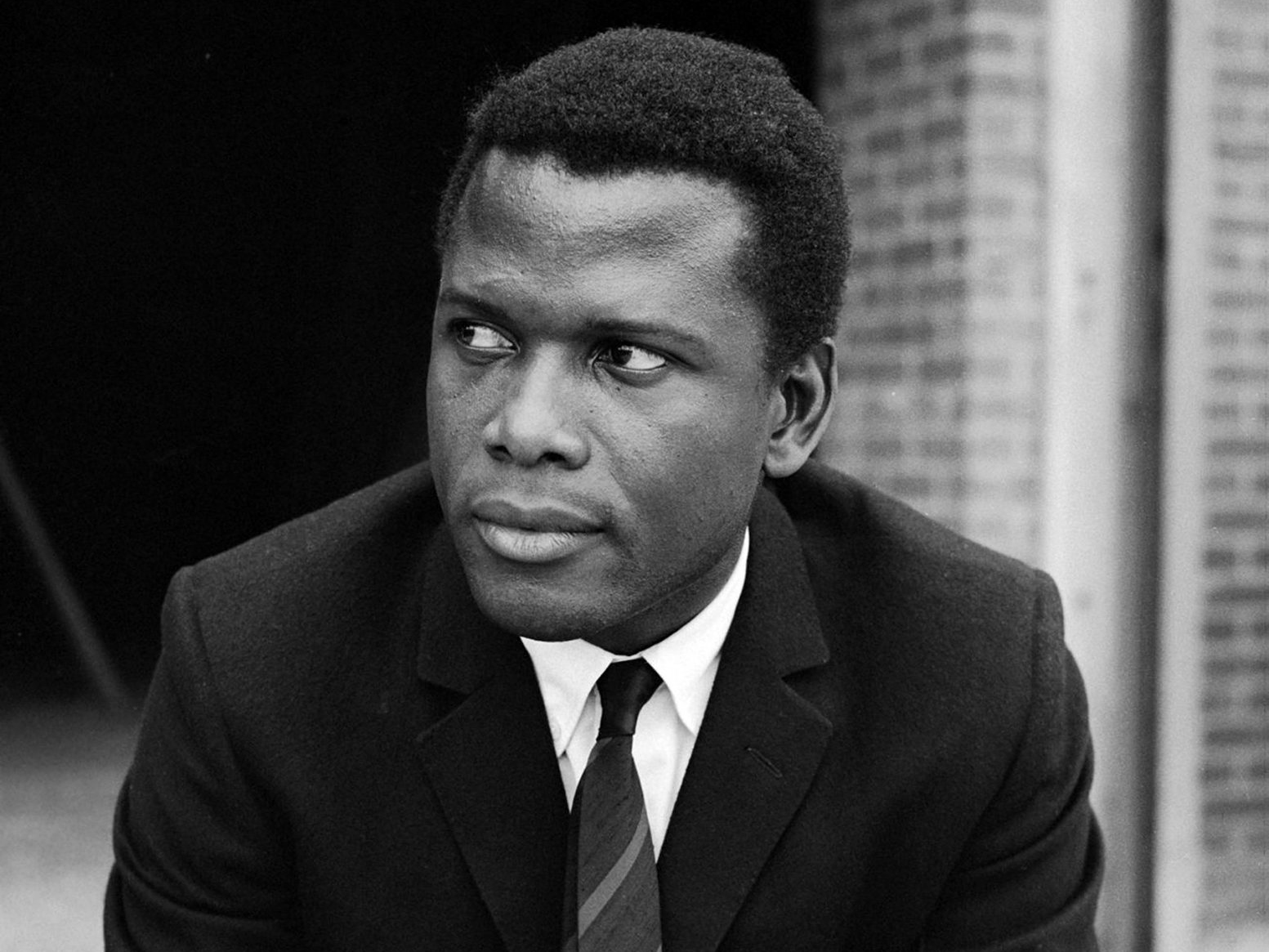Arizona State University has renamed its film school after Hollywood icon Sidney Poitier, the first Black man to win the Academy Award for best actor.
The move signifies the university’s commitment to inclusivity and diversity, according to ASU President Michael Crow.
“Arizona State University is deeply committed to the premise of inclusivity, and The Sidney Poitier New American Film School is an extension of that impact in an area of academic pursuit that will be advanced by representation of greater diversity and perspective,” he said.
“What we’re doing here is not just recognizing Sidney Poitier for his lifetime of achievements and his legacy, but naming our New American Film School for a person that embodies that which we strive to be — the matching of excellence and drive and passion with social purpose and social outcomes, all the things his career has stood for.”
The Sidney Poitier New American Film School, with nearly 700 students, is one of five schools in the Herberger Institute for Design and the Arts at ASU. The school will soon add two locations besides its current home on the Tempe campus: a new state-of-the-art facility in downtown Mesa that will be completed in fall 2022 and that will be the primary home for the film school, and ASU’s new center in downtown Los Angeles that will open later this year.
Poitier, who is now 93, is known for breaking racial barriers and embodying characters with dignity and wisdom. He won the Oscar for his role in the 1963 film “Lilies of the Field,” which was set and filmed in Arizona. He also was the first Black actor nominated for a best actor Academy Award for the 1958 movie “The Defiant Ones.”
Many of Poitier’s movies addressed race, starting with “No Way Out,” a 1950 film in which he played a doctor who had to treat two white racists. In 1967 alone, he starred in three hit movies dealing with racial tensions: “To Sir, with Love,” “Guess Who’s Coming to Dinner” and “In the Heat of the Night.”
He later went on to direct several movies, including “Uptown Saturday Night” and “Stir Crazy.”
Poitier, who grew up in the Bahamas before moving to the United States, served as the Bahamian ambassador to Japan from 1997 to 2007.
“Sidney Poitier is a national hero and international icon whose talents and character have defined ethical and inclusive filmmaking,” said Steven J. Tepper, dean of the Herberger Institute for Design and the Arts at ASU.
“His legacy will serve as a guide and inspiration for our school and the thousands of film students we educate.”
The school naming was revealed during a celebration video that was released Monday, featuring remarks by many in the ASU community, film industry icons and three of Poitier’s six daughters.




